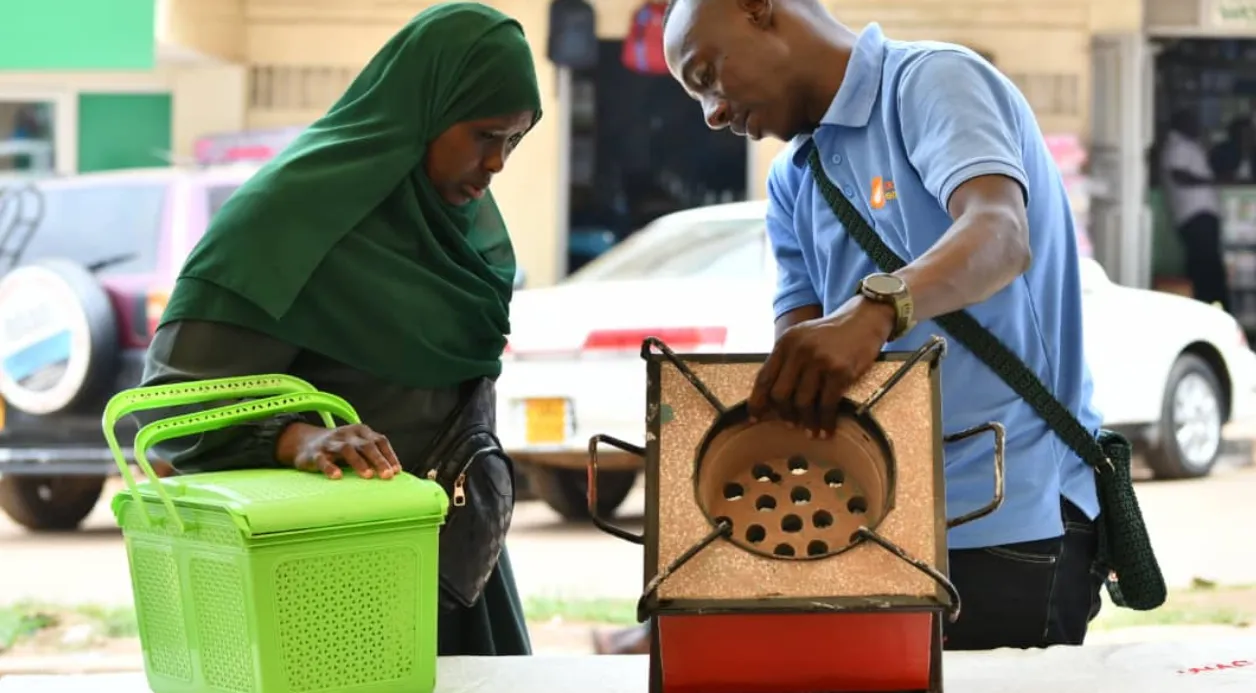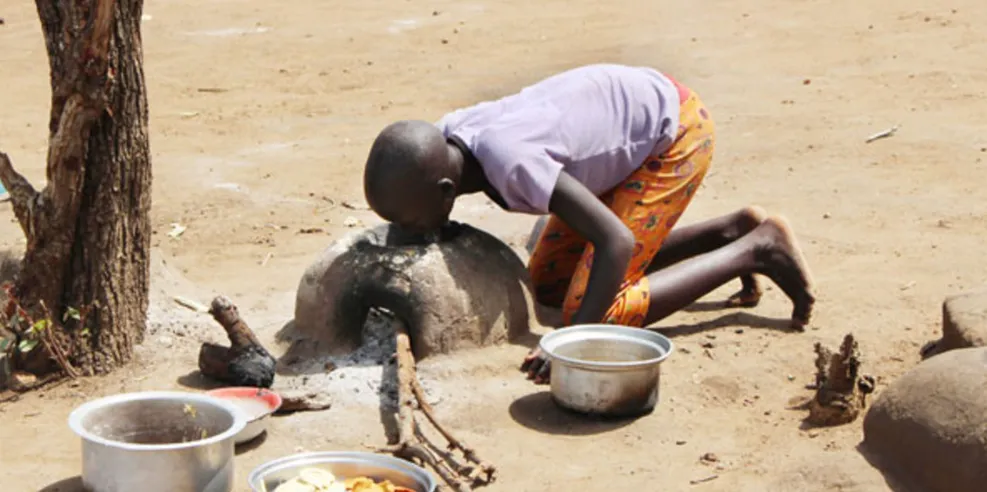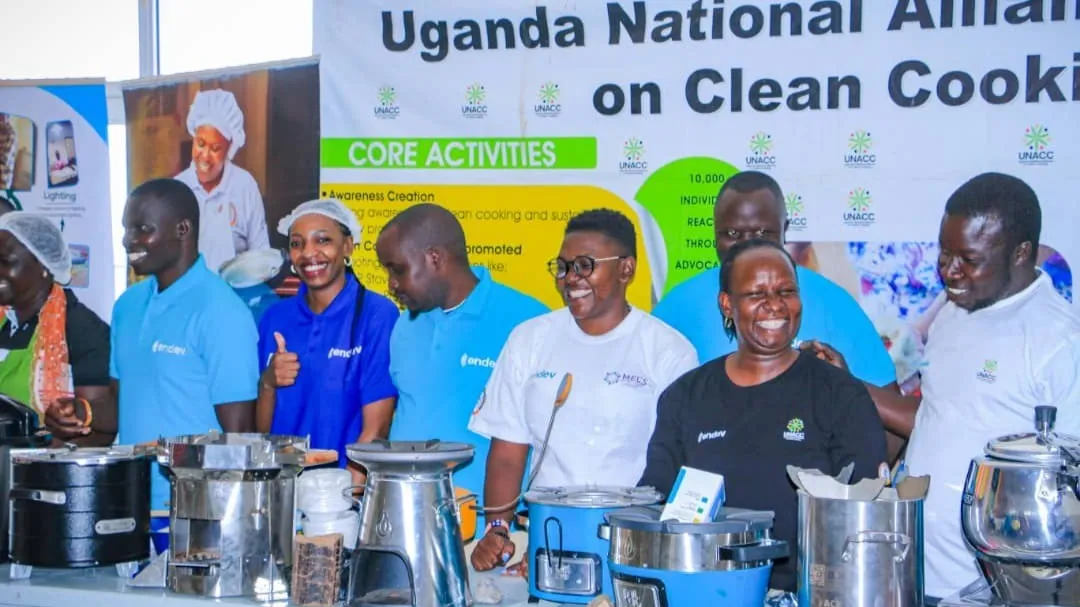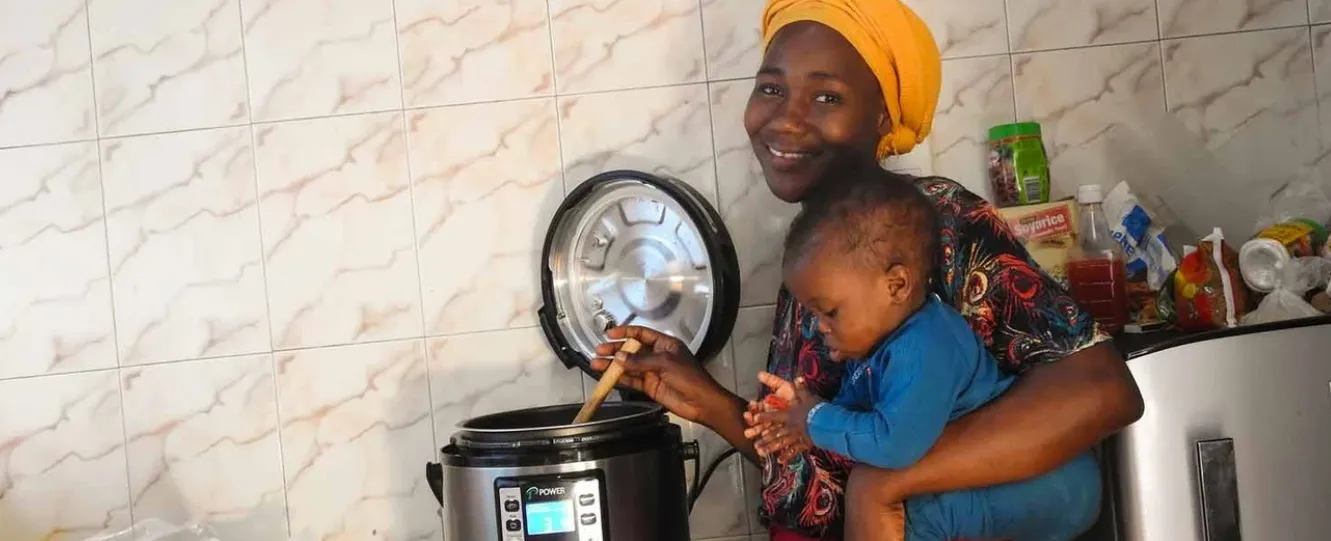What you need to know:
The government is promoting technologies such as improved cook stoves, biogas systems, and electric cookers.
Despite government efforts to promote clean energy over the past five years, access to clean cooking options remains out of reach for many households and institutions in Acholi Sub-region. Government initiatives, including the February 2024 introduction of the Energy Efficiency and Conservation Bill, aim to reduce energy waste and deforestation by promoting technologies such as improved cook stoves, biogas systems, and electric cookers. The Bill proposes financial incentives and subsidies to improve access, especially in rural areas. But on the ground, barriers persist.
“Clean cooking is a great idea,” said Rev Can Othniel Ayela Okot, the Vicar of Christ Church in Gulu. “But it’s pointless if people don’t have electricity. Many homes here are still in the dark,” he said. Rev Ayela emphasised that unless electricity reaches rural communities, clean energy options such as electric stoves will remain out of reach.
According to the 2024 National Population and Housing Census, Uganda’s electrification rate stands at 53.4 percent, encompassing both grid and solar connections. However, the 2024 census reveals that only 3 percent of Ugandan households utilise clean cooking fuels and technologies, such as liquefied petroleum gas (LPG), biogas, or electricity. The majority continue to depend on traditional biomass fuels, with 64.5 percent using wood and 28.2 percent relying on charcoal for cooking. . In Acholi Sub-region, reliance on firewood and charcoal persists, with serious consequences for forests and public health. Biomass smoke exposes households to respiratory diseases and contributes to greenhouse gas emissions. Uganda’s forest cover has plummeted from 24 percent in 1990 to 12 percent in 2017. At the current rate, forests could vanish by 2033. Cost is another major barrier. “The power tariffs are too high,” said Ms Agnes Piloya, a primary school teacher in Gulu. “Sometimes electricity is off for three or four days.
And gas? I spent Shs70,000 in just over a month. Two bags of charcoal cost the same and last me three months,” she said. The Energy Audit by United Nations Development Program (UNDP) shows that improved cooking technologies are more efficient and sustainable. However, affordability, awareness, and social attitudes remain major challenges. In response, the UNDP and Uganda’s Electricity Regulatory Authority launched the “From Biomass to Electricity” project, targeting institutions with incentives to switch to electric cooking.
Dr Paul Nduhura, the head of research at the Ministry of Energy’s Renewable Energy Platform, admitted that attitudes and affordability are major hurdles. “People think modern cook stoves are for the rich. But long-term, they’re cheaper than charcoal,” he said. He added that the government’s clean energy campaign includes alternatives for off-grid communities—such as ethanol or solar-powered stoves. Last week, Dr Nduhura led a team to Gulu to promote clean cooking among schools, hotels, and communities. “Biomass is a double loss,” he said. “We lose trees as carbon sinks, and burning them releases more carbon. Clean cooking—whether electric or solar—is better for people and the planet,” he added.





